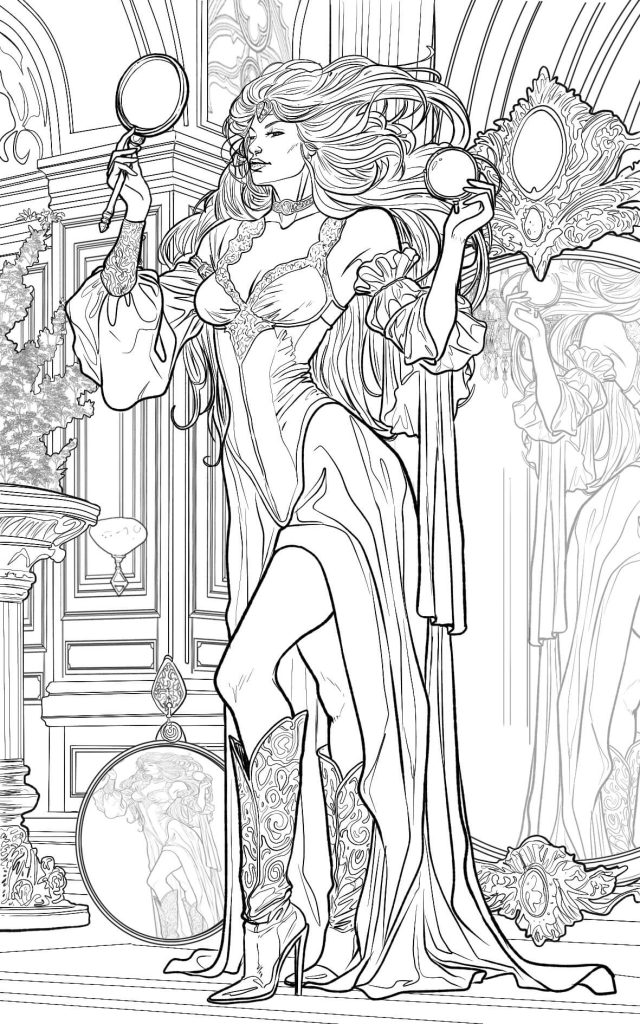Vanity or pride, considered one of the seven deadly sins in the Christian tradition, is a complex concept with deep roots in the history and teachings of various world religions. This sin, characterised by an excessive sense of self-esteem, arrogance and a perception of superiority over others, has been analysed, discussed and condemned in multiple religious and philosophical contexts over the centuries.
The concept of pride has its origins in early religious and philosophical traditions. In Christianity, pride is often seen as the original sin, the first sin committed by Adam and Eve, as well as the fall of Lucifer, who was cast out of Heaven because of his desire to usurp God’s place. This sin is considered the root from which all other sins and vices emerge.
- Christianity In Christianity, pride is the most serious of the seven deadly sins. It is directly opposed to the virtue of humility and is seen as a rejection of God, as the individual places himself above others and ultimately above God. St. Augustine stated that “pride is the beginning of all sin”.
- Judaism Although Judaism does not categorise sins in the same way as Christianity, pride is also considered negative. Jewish tradition emphasises humility and criticises arrogance, citing proverbs and teachings that warn against excessive pride and the importance of recognising God’s greatness over one’s own.
- Islam In Islam, pride (kibr) is condemned and is considered one of the diseases of the heart. The Qur’an warns against arrogance and teaches that God does not love those who are full of pride. Modesty and recognition of dependence and littleness before Allah is valued.
- Buddhism Although Buddhism does not have a direct concept of sin as in the Abrahamic religions, pride is seen as an obstacle on the path to enlightenment. Pride and ego are considered delusions that lead beings away from a true understanding of the nature of suffering and reality.
Vanity, with its profound impact on individual character and society, continues to be a subject of reflection and debate in various religious and philosophical traditions, underlining the importance of humility and empathy in building healthy relationships and just societies.
This design has been handmade (not AI) by the Asturmint project team, this has been the design process:




















